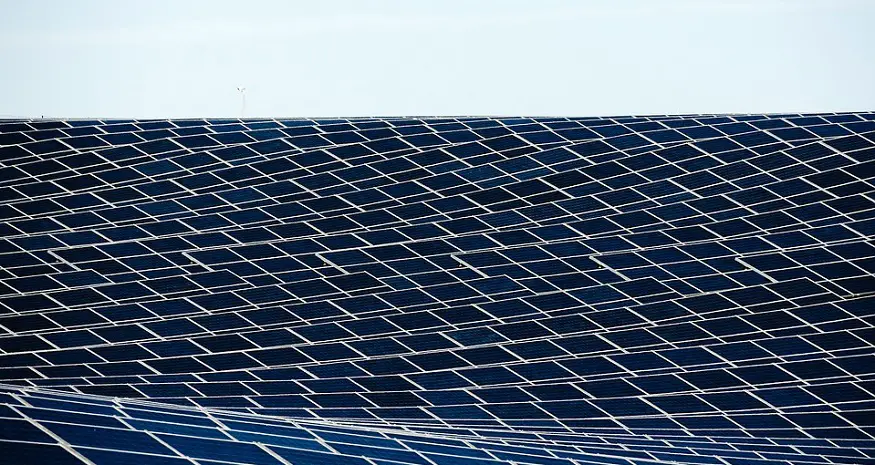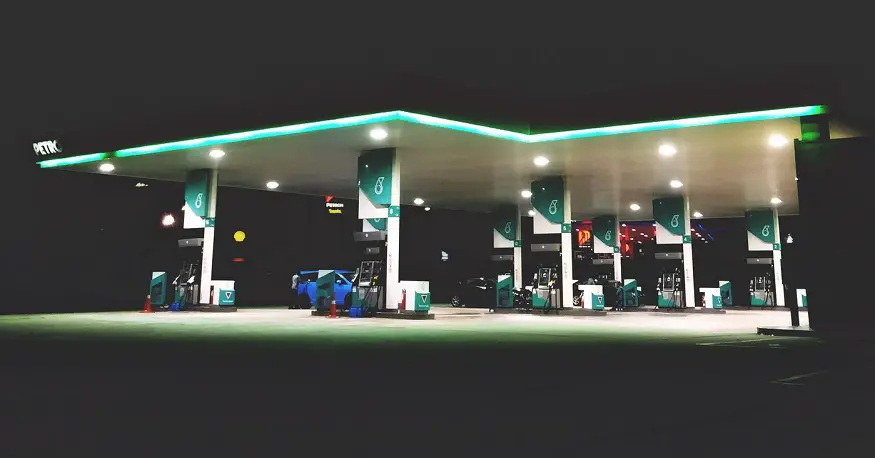
New research looks at how to manage future solar panel waste in Australia
June 20, 2019Solar installations on rooftops is a booming industry, but solar panels don’t last forever.
If not properly managed, solar panel waste could be a future hazardous problem in Australia over the coming decades, researchers from Griffith University warn. Rooftop solar has boomed in the country in both an effort to control energy costs and help to reduce greenhouse gas emissions to combat climate change. However, these panels have a limited shelf-life.
Solar panels last for an average of 20 years.
As energy-saving and eco-friendly solar power can be, current solar generation methods are not waste-free. The reason is that solar photovoltaic (PV) panels have a shelf-life. Presently, once these panels have run their course, very little of these panels can be recycled, meaning that most of this material winds up in a landfill.
on average, solar panels typically last for 20 years, with lead-acid and lithium-ion batteries (the most commonly used batteries for solar energy storage) lasting between five and 15 years.
Many solar panels have already been retired. However, battery waste is expected to increase significantly in 2025. Moreover, the Australian researchers estimate that by 2050, the amount of solar panel waste in Australia alone will be over 1,500 kilotons (kT).
Their report was published in the Journal of Cleaner Production. The report’s authors include Rodney Steward, Professor, Griffith School of Engineering, Griffith University; Hengky Salim, PhD Candidate, Griffith University; OZ Shain, Senior Research Fellow, Griffith University; and Michael Dudley from Sustainability Victoria.
The researchers analyzed the barriers of managing solar panel waste and how to overcome these challenges.
According to the report, one of the current barriers is that businesses in Australia have very little incentive to innovate and improve the rate that they recycle.
This barrier could be reduced with the government’s help by implementing a circular business recycling model. The researchers believe that recycling can be boosted, collection costs reduced and tech lifetimes prolonged with business models that include lease, refurbishment and product-service systems.
More specifically, in terms of solar panels, system manufacturers would require importers or distributors to source panels and batteries designed for the environment. This would allow for recyclers to recover more materials and achieve greater recirculation of recovered resources.
Additionally, the report says that consumers need to be given the proper guidance and education pertaining to responsible end-of-life management of solar panels and batteries.
The researchers feel that solar panel waste will only be efficiently managed in Australia by establishing a circular  economy for solar and battery waste, which will require strong commitment from policymakers and industry.
economy for solar and battery waste, which will require strong commitment from policymakers and industry.
“Ideally, we need to prioritise reuse and refurbishment before recycling,” the report stated.



 With over 15 years of reporting hydrogen news, we are your premier source for the latest updates and insights in hydrogen and renewable energy.
With over 15 years of reporting hydrogen news, we are your premier source for the latest updates and insights in hydrogen and renewable energy.